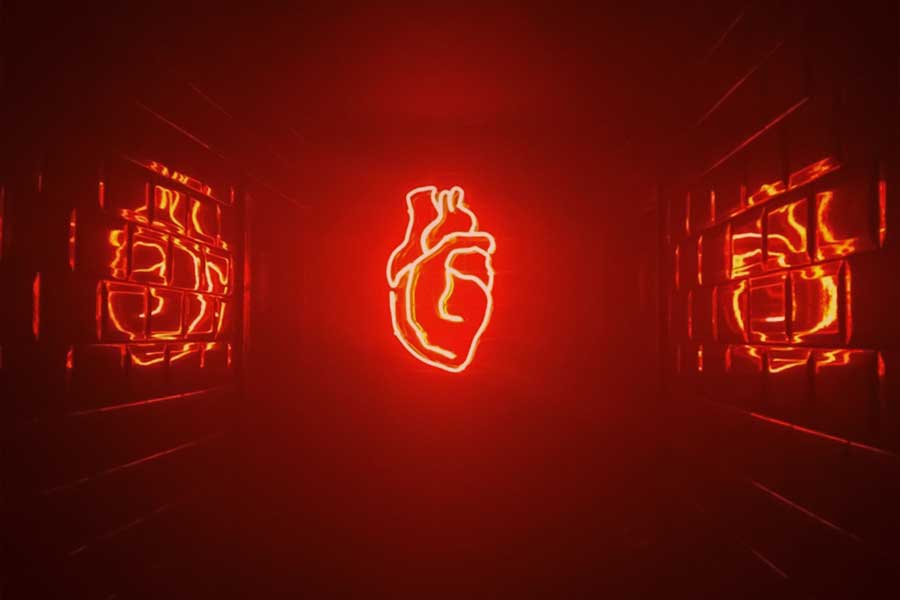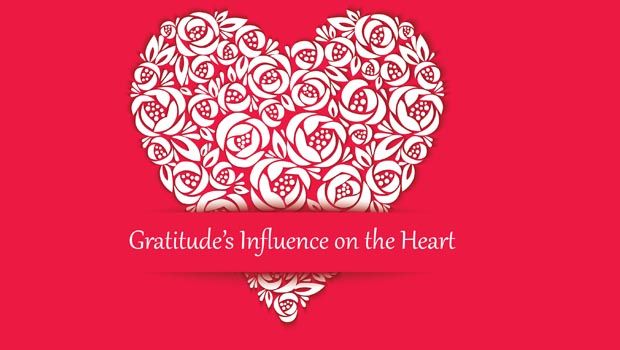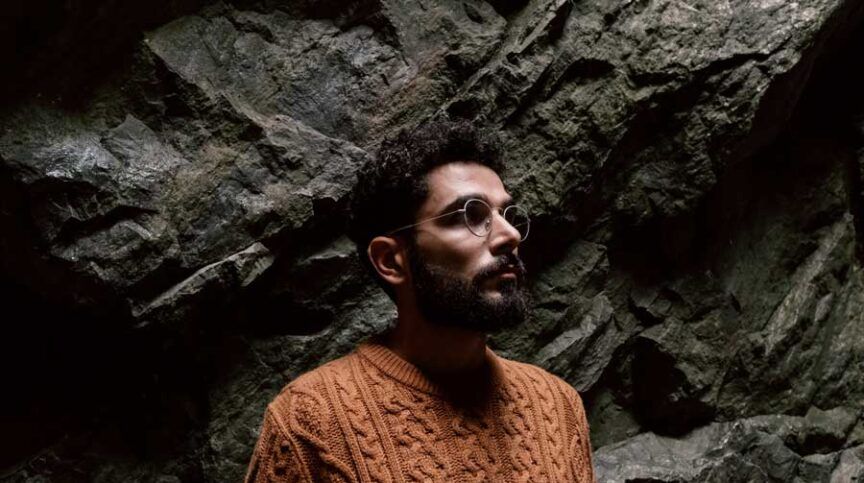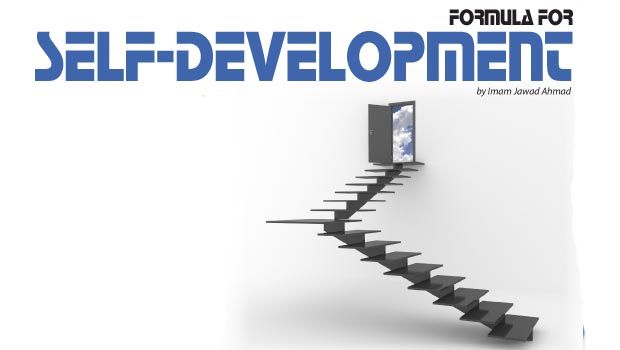In the middle of the chest lies the heart. Arguably the most vital organ of the human body. It is relatively small, approximately the size of a clenched fist, and weighs around 300 and 450 grams (10.6 ounces approx. to 15.9 ounces approx.). Think about the gallon of milk you buy from the supermarket and multiply that by 2,000. That’s how much blood the heart pumps each day. Sandeep Jauhar, author of Heart: A History, writes, “If the heart is the last major organ to stop working, it is also the first to develop — starting to beat approximately three weeks into fetal life, even before there is blood to pump. From birth until death, it beats nearly three billion times.”
The physiology of the heart is fascinating, consisting of four chambers, all interconnected in pumping the flow of blood through the body. The blood goes into the right atrium, then to the right ventricle, which then moves to the pulmonary arteries in the lungs to add oxygen into the blood. This oxygen-rich blood is then taken into the left atrium, left ventricle, and then out of the aorta to the rest of the body including our major organs like the brain and to even the smallest of tissues.
The Heart Has Great Spiritual Significance
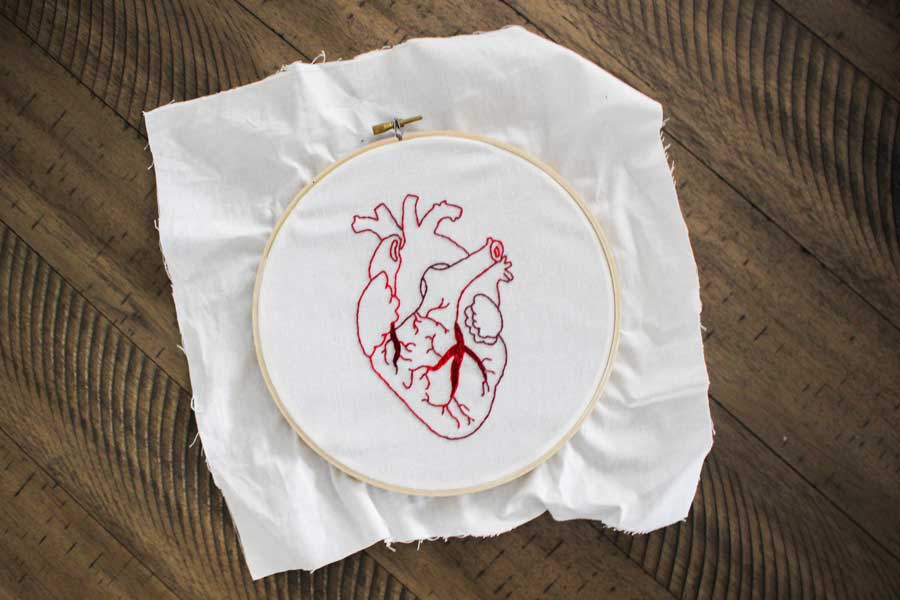 Yet, the heart is not only known for its physical function. It is also of great spiritual significance. Prophet Muhammad (s) said, “Verily, in the body there is a piece of flesh. When it is sound, the whole body is sound and when it is corrupted, then the whole body is corrupted. Verily, it is the heart.” The Prophet (s) has personally experienced two events in his life in which his heart was cleansed by the angel Jibreel. It was narrated from Anas ibn Maalik, a companion of the Prophet (s), that when the Prophet was a child, Jibreel came to him while he was playing with a group of boys and opened his chest. He took out his heart, from which he took a clot of blood and said: “This was the Shaytan’s share of you.” Then he washed his heart in a vessel of gold that was filled with Zamzam and returned the heart to its place. The boys went running to the Prophet’s mother and said, “Muhammad has been killed!” They went to him and his color had changed. Anas said, “I used to see the mark of that stitching on his chest.” The Prophet (s) experienced the cleansing of the heart again during his journey of Isra wal-Miraj, the Journey of the Night and the Ascension. Abu Dharr narrated that the Prophet (s) said: “The roof of my house was opened when I was in Makkah, and Jibreel (a.s.) came down and split open my chest, then he washed it with Zamzam water. Then he brought a golden basin filled with wisdom and faith and emptied it into my chest. Then he sealed it…” (Bukhari).
Yet, the heart is not only known for its physical function. It is also of great spiritual significance. Prophet Muhammad (s) said, “Verily, in the body there is a piece of flesh. When it is sound, the whole body is sound and when it is corrupted, then the whole body is corrupted. Verily, it is the heart.” The Prophet (s) has personally experienced two events in his life in which his heart was cleansed by the angel Jibreel. It was narrated from Anas ibn Maalik, a companion of the Prophet (s), that when the Prophet was a child, Jibreel came to him while he was playing with a group of boys and opened his chest. He took out his heart, from which he took a clot of blood and said: “This was the Shaytan’s share of you.” Then he washed his heart in a vessel of gold that was filled with Zamzam and returned the heart to its place. The boys went running to the Prophet’s mother and said, “Muhammad has been killed!” They went to him and his color had changed. Anas said, “I used to see the mark of that stitching on his chest.” The Prophet (s) experienced the cleansing of the heart again during his journey of Isra wal-Miraj, the Journey of the Night and the Ascension. Abu Dharr narrated that the Prophet (s) said: “The roof of my house was opened when I was in Makkah, and Jibreel (a.s.) came down and split open my chest, then he washed it with Zamzam water. Then he brought a golden basin filled with wisdom and faith and emptied it into my chest. Then he sealed it…” (Bukhari).
These two hadiths can teach us many different lessons in relation to our own hearts. Firstly, it reflects on the fact that every single human in the world is susceptible to carry clots within their heart. Not the physical kind, but rather a spiritual clot. The fact that even the Prophet once had this clot reflects on how it is of human nature to have such within the heart. This clot, as Jibreel (a.s.) said, was “Shaytan’s share.” The clot represents all that darkens our soul and creates an obstruction in our connection to our Lord. It is human nature to sin. Every human has sinned at some point in their life. But no human is barred from forgiveness. The interesting thing, and perhaps what makes it the most important, is the fact that our spiritual heart is hidden from even those closest to us: our family, friends, etc. No one can see our spiritual heart. Even we, ourselves, the bearers of the heart, cannot see it. Only Allah SWT can. But we can feel it. We can feel each beat as we lay our hand upon our chest. We can feel each beat when we go for a run. We can feel each beat as we experience the most dreaded seconds of missing a step when walking down the stairs. Likewise, we feel the tightness of the chest when we are engulfed with sadness. When experiencing devastating loss, we say our heart is broken.
But we do not always feel it when we allow our hearts to fill with negative, even destructive impulses. We do not always realize our envy, our hate, our hypocrisy, or our sins. That is why it is important to check on our hearts. Just as we would take the time to do an electrocardiogram and a stress test to check the health of our physiological heart, we must take the time to engage in spiritual self-examination and reflection to check the health of our spiritual heart.
Keeping the Heart Soft and Supple
Open up your heart and see. Is your heart filled with hate? Arrogance? A dominant love for worldly pleasures? Have you made space for the love of Allah SWT, the Qur’an, the sunnah, the deen? We, as human beings, tend to be swayed easily by the emotions which lie in our hearts. We tend to become distracted by this dunya, the advancements we can make in our career, the investments we can make to maximize wealth, the entertainment that we so enjoy, etc. There is no problem with caring about any of these things. The problem lies in a grave attachment towards these worldly, materialistic things. An attachment so grave that it blackens the heart so that it is too easy to be lacking in good deeds, to fail to increase a love for Allah and the words of the Qur’an.
In order to engage in goodness, strengthen our relationship with Allah, and absorb the truth, our hearts must remain soft and supple. In Surah al-Baqarah, Allah SWT says, “Then your hearts become hardened after that, being like stone, or even harder. For indeed, there are stones from which rivers burst forth. And there are some of them that split open and water comes out, and there are some of them that fall down from the fear of Allah. And Allah is not unaware of what you do” (Qur’an 2:74). In this ayat, Allah is speaking to the Bani Isra’il and describing how their hearts had become hardened after many rejections of the message of Islam. The fact that their hearts had become even harder than rock shows how devastating the effects of turning away from the truth can be.
In ayat 7 of Surah al-Baqarah, Allah SWT says, “Allah has set a seal upon their hearts, and upon their hearing and over their vision is a veil. And for them is a great punishment” (Qur’an 2:7). Our hearts must not be sealed. They must be expanded and open to learn the message of Islam, to expand in humility, and to be willing to search and accept the truth. Ignorance closes hearts and knowledge opens it.
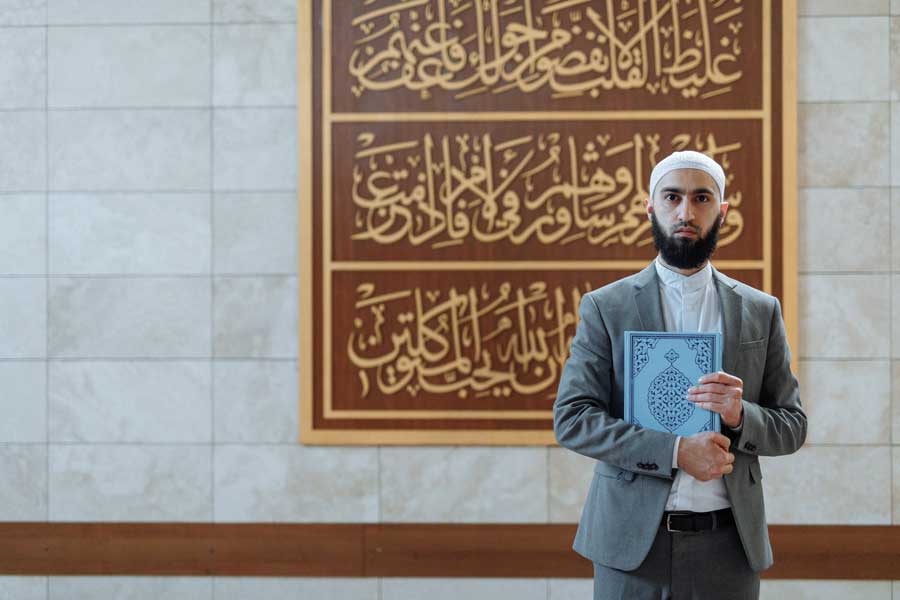 Hearts can change. Yes, they can become hardened, but they can also be softened. Yes, they can be sealed, but they can also be expanded. We must ensure that our hearts are at the right place, especially in times of hardship; and we must always remember that Allah SWT is the Most Forgiving and the Most Merciful. Some methods to ensure a healthy spiritual heart is by performing actions that strengthen our relationship with Allah SWT like making dhikr, praying, reading Qur’an, attaining Islamic knowledge, giving charity, and making du’a. This goes hand in hand with developing and acting at all times out of good character. May Allah SWT allow us all to carry pure, soft hearts filled with all wisdom, humility, compassion, and a love for Allah SWT. Ameen.
Hearts can change. Yes, they can become hardened, but they can also be softened. Yes, they can be sealed, but they can also be expanded. We must ensure that our hearts are at the right place, especially in times of hardship; and we must always remember that Allah SWT is the Most Forgiving and the Most Merciful. Some methods to ensure a healthy spiritual heart is by performing actions that strengthen our relationship with Allah SWT like making dhikr, praying, reading Qur’an, attaining Islamic knowledge, giving charity, and making du’a. This goes hand in hand with developing and acting at all times out of good character. May Allah SWT allow us all to carry pure, soft hearts filled with all wisdom, humility, compassion, and a love for Allah SWT. Ameen.


